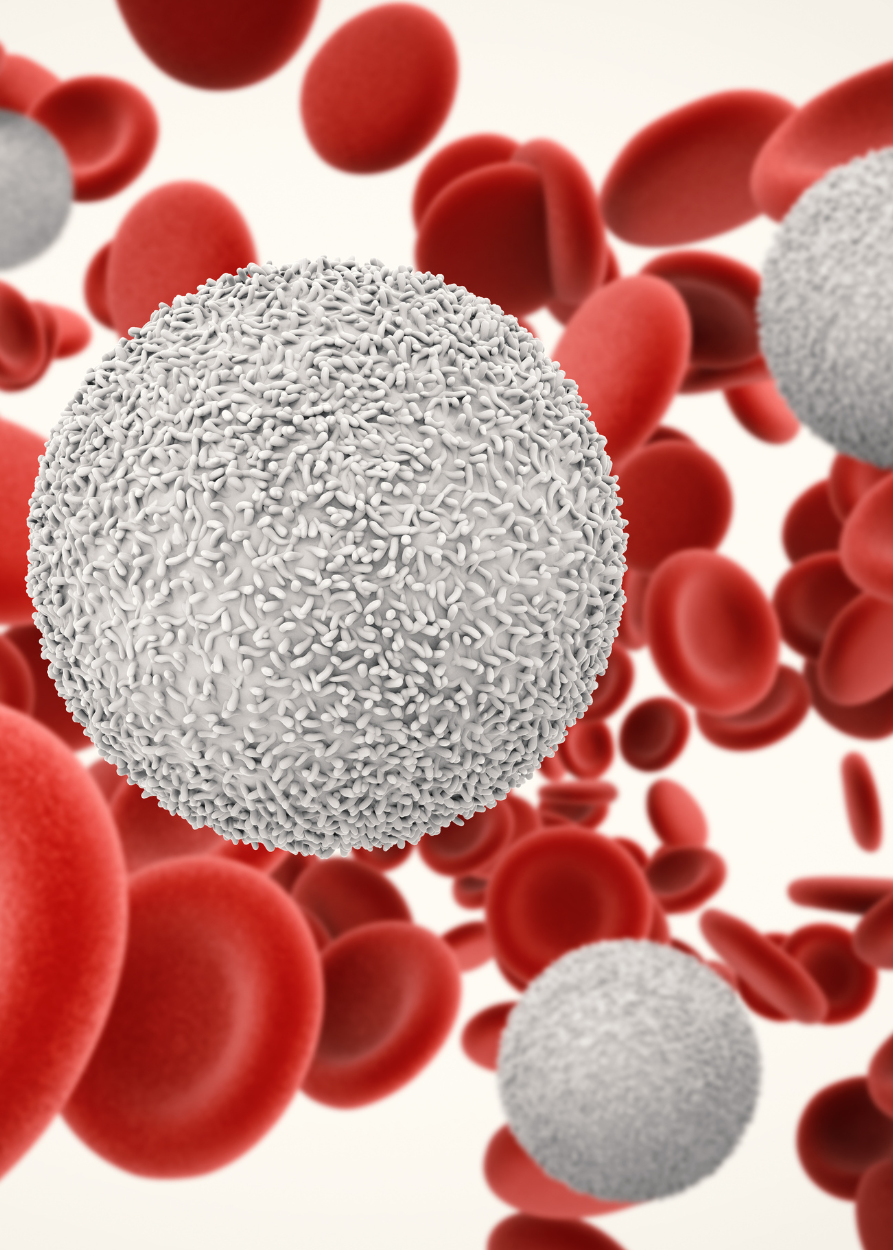Cancer Exercise Rehabilitation
Gain specialised structured support from our qualified Cancer and Exercise Rehabilitation Instructors.
What is Cancer Exercise Rehabilitation?
Cancer Exercise Rehabilitation is a structured exercise programme for anyone having or recovering from cancer, delivered by our Specialist Cancer Exercise Rehabilitation Instructors.
Benefits:
- Improve your White Blood Cell Count with just 30 minutes of exercise
- Exercise can reduce side effects
- Improve mobility and quality of life
- Exercise can increase energy levels and reduce fatigue
- Improve wellbeing and mood
- Can reduce anxiety and depression
- Strengthen your muscles, joints and bones
- Look after your heart and reduce the risk of other health problems
Evidence shows that actively improving your physical and mental health can help you recover more quickly from surgery, chemotherapy and radiotherapy and reduce the chance of further problems during and after your treatment, as well as many other benefits.
You will:
- Receive a personal consultation with our Specialist Cancer Rehabilitation Exercise Instructor
- Explore physical activity opportunities that match your needs and preferences and a tailored programme designed to improve physical strength, mobility, confidence and quality of life
- Be in a safe, supportive, and motivating environment to exercise
- Exercise delivered individually or in a group setting, providing peer support and encouragement, including led gym sessions
- Receive regular follow ups and ongoing support from our Specialist Instructor
“According to current knowledge, it is beneficial for all cancer patients to exercise, and our recent study supports this” Tiia Koivula

Different types of cancer and cancer subtypes may have different sensitivities to exercise. Before starting any physical activity plan, it is important to talk to a health care professional.
Typically, there are small amounts of immune cells that circulate on a consistent basis throughout the body; by increasing the movement of blood and lymph (which contains white blood cells) through exercise, you are increasing the movement of more immune cells from lymph nodes and spleen into the bloodstream.
Benefits of exercise for cancer patients:
- Reducing cancer risk: Exercise can help reduce the risk of cancer by lowering levels of sex hormones and growth factors that are linked to cancer development. It can also prevent obesity, which is a risk factor for many cancers.
- Improving quality of life: Exercise can help improve quality of life for people with cancer, including reducing fatigue, improving mood and increasing energy.
- Managing side effects: Exercise can help people manage side effects of cancer treatment, such as pain, nausea, and vomiting.
- Reducing the risk of cancer recurrence: Exercise may reduce the risk of cancer recurring and death for people who are more physically active after a cancer diagnosis.
- Improving heart and bone health: Exercise can improve heart function and reduce the risk of heart disease, as well as improve bone density and reduce the risk of osteoporosis.
- Improving lung function: Exercise can increase lung function and reduce shortness of breath.
- Improving balance: Exercise can improve balance and reduce the risk of failing.
“The balance of different types of white blood cells determines whether the immune system works to destroy cancer or to support it. If there are more cancer-destroying cells in the tumor area, the body is more capable of fighting cancer” Tiia Koivula

Physical Activity Combined with Cancer Vaccine
No studies to date have combined moderate physical activity with the administration of a therapeutic cancer vaccine. However, this combinatorial approach seems promising for several reasons.
Moderate exercise alone following cancer treatment has been shown to decrease recurrence and increase survival in cancer patients. Compelling findings from the Nurses Health Study, one of the largest prospective investigations examining chronic disease risk factors in women, demonstrated that women who exercised for the equivalent of walking 3-5 hours per week at an average pace had a 50% reduction in breast cancer mortality risk. Importantly, women who exercised for the equivalent of walking 1-3 hours per week had a 20% reduction in breast cancer mortality risk, suggesting that modest increases in physical activity can have a profound impact on clinical outcomes.
A second report examining physical activity and colorectal cancer outcomes from the Nurses Health Study found similar results. Female nonmetastatic colorectal cancer patients who exercised for the equivalent of walking six or more hours per week at an average pace had approximately a 50% reduction in both colorectal cancer-specific and overall mortality.
A third study of patients enrolled in an adjuvant chemotherapy trial for stage III colon cancer who exercised for the equivalent of walking six or more hours per week at an average pace had a 47% improvement in disease free survival compared to sedentary patients.In addition to the robust effect of exercise on clinical outcomes, exercise interventions in women with breast cancer have been shown to be safe, have had high compliance levels and result in improved fitness and quality of life.
These data suggest that combining an exercise intervention with other therapeutic strategies, such as cancer vaccine treatment, may be relatively easy to implement and confer significant benefit to the patient independent of any enhancement of vaccine efficacy.
Numerous cancer vaccine platforms have already been shown to stimulate tumor-antigen specific immune responses and increase disease free survival in cancer patients over 65 years old. Moderate exercise has also been shown to enhance the antigen-specific immune responses in aged humans and animal models. Furthermore, moderate exercise can be used effectively in combination with a variety of vaccination protocols to enhance antigen-specific T cell responses in preclinical models. Combined, these data suggest that moderate physical activity is a likely candidate to partner with therapeutic cancer vaccine treatment to enhance the vaccine efficacy. Studies are currently underway to examine this combination in preclinical animal models.

Ready to find out more?
Our Specialist Cancer Exercise Rehab Instructors are on hand to answer any of your questions. Simply fill out this form and we will be in contact.
Different types of cancer and cancer subtypes may have different sensitivities to exercise. Before starting any physical activity plan, it is important to talk to a health care professional.
